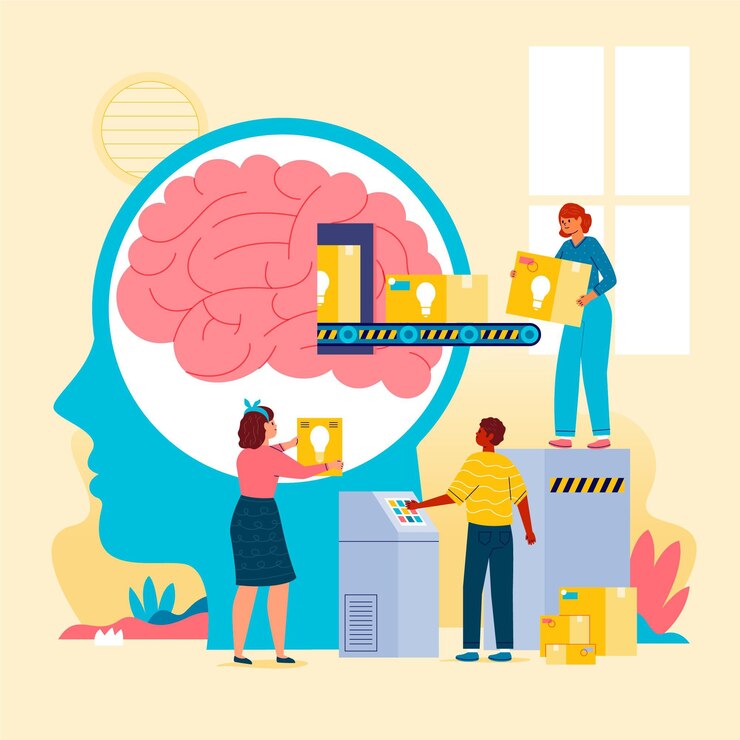
Raising Awareness: Understanding Stroke and How to Help
Stroke is a serious medical emergency that can happen to anyone, regardless of age or health. However, many people lack awareness about strokes and how to respond in case of an emergency. In this blog, we’ll explore the importance of stroke awareness and education in simple terms.
1. What is a Stroke?
A stroke occurs when blood flow to the brain is disrupted, either by a clot blocking an artery (ischemic stroke) or by a blood vessel bursting (hemorrhagic stroke). This interruption deprives the brain of oxygen and nutrients, leading to brain damage.
2. Recognizing the Signs:
It’s crucial to recognize the signs of a stroke and act quickly. Common symptoms include sudden numbness or weakness in the face, arm, or leg, especially on one side of the body, trouble speaking or understanding speech, vision problems, severe headache, and dizziness or loss of balance.
3. Acting Fast:
If you or someone around you experiences symptoms of a stroke, don’t wait. Call emergency services immediately. Time is of the essence when it comes to stroke treatment, and getting help quickly can minimize brain damage and improve outcomes.
4. Prevention is Key:
While not all strokes can be prevented, there are steps you can take to reduce your risk. This includes maintaining a healthy lifestyle, managing conditions like high blood pressure, diabetes, and high cholesterol, avoiding smoking, limiting alcohol consumption, and staying physically active.
5. Spreading Awareness:
Education and awareness are essential in the fight against stroke. By learning about strokes, recognizing the signs, and knowing what to do in an emergency, you can help save lives. Share information with your friends, family, and community to raise awareness and promote understanding.
Conclusion:
Stroke awareness and education are vital for promoting understanding and support in our communities. By knowing the signs of a stroke, acting quickly, and taking steps to reduce risk factors, we can all play a role in preventing strokes and supporting those affected by them.
To seek medical advice, always consult a Doctor. Here are our recommended experts. Click here
To read more on Kidney disease. Click Here


